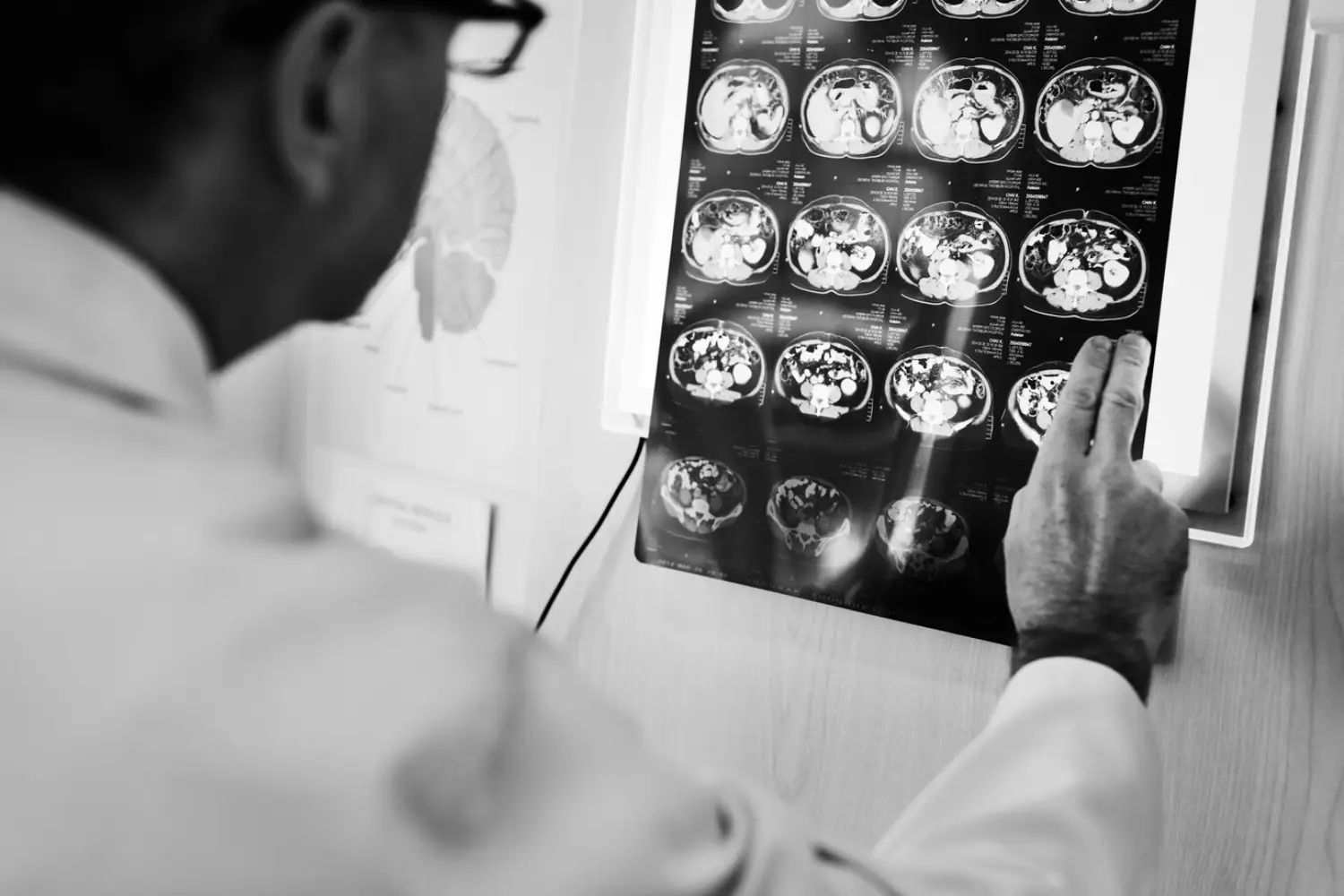Traumatic Brain Injuries (TBIs) are a complex and often life-altering consequence of accidents, falls, or other traumatic incidents. These injuries not only impact physical health but can also have profound effects on cognitive function and emotional well-being. Overcoming the challenges posed by TBIs requires a multifaceted approach that encompasses medical intervention, rehabilitation, emotional support, and lifestyle adjustments.
In this comprehensive guide, we explore the various strategies individuals can employ to navigate the road to recovery and rebuild their lives after a traumatic brain injury.
Immediate Medical Attention and Diagnosis
The journey to overcoming the effects of a TBI begins with prompt medical attention and accurate diagnosis. In a head injury, seeking immediate medical care is crucial. Emergency medical professionals can assess the severity of the injury and initiate appropriate interventions. Diagnostic tools such as CT scans and MRIs help identify the extent of the damage, guiding subsequent treatment plans.
Rehabilitation Programs
Once diagnosed, individuals with TBIs often benefit from rehabilitation programs tailored to their specific needs. These programs encompass various therapies, including physical therapy, occupational therapy, and speech-language therapy. Physical therapy focuses on restoring motor skills, while occupational therapy aids in regaining independence in daily activities. Speech-language therapy targets communication and cognitive functions. The combined efforts of these therapies contribute significantly to the overall recovery process.
Cognitive Rehabilitation and Neuroplasticity
Cognitive rehabilitation is a key component of TBI recovery, focusing on harnessing the brain’s remarkable ability to adapt, known as neuroplasticity. This involves engaging in cognitive exercises that challenge and stimulate different areas of the brain. Memory exercises, problem-solving tasks, and attention-building activities are designed to promote neural rewiring, facilitating the restoration of cognitive functions that may have been compromised.
Emotional and Psychological Support
Coping with the aftermath of a TBI extends beyond physical challenges to emotional and psychological aspects. Emotional support from family, friends, and mental health professionals is essential. Depression, anxiety, and personality changes are common emotional repercussions of TBIs, and addressing these issues is integral to a holistic recovery. Therapeutic interventions, counselling, and support groups can provide a safe space for individuals to express their emotions and navigate the emotional impact of their injury.
Assistive Technologies and Adaptive Strategies
Embracing assistive technologies and adaptive strategies is crucial for individuals adjusting to the effects of TBIs. Technology can be a powerful ally, with speech-to-text software aiding communication and memory aids assisting in daily tasks. Adaptive strategies involve learning new approaches to accomplish tasks, considering potential cognitive or physical limitations. This adaptive mindset empowers individuals to regain a sense of control and independence in their lives.
Lifestyle Modifications
A holistic approach to recovery includes lifestyle modifications that support overall well-being. Regular exercise, under the guidance of healthcare professionals, can contribute to physical rehabilitation and mental health. A balanced diet rich in nutrients promotes healing and provides the energy necessary for recovery. Adequate sleep is essential for cognitive function and overall recovery. Eliminating or minimizing the use of substances like alcohol and tobacco is crucial, as they can hinder the healing process and exacerbate TBI-related symptoms.
Continued Medical Monitoring and Adjustments
Recovery from a TBI is an ongoing process that requires continued medical monitoring. Regular check-ups with healthcare professionals can help track progress, identify new challenges, and make necessary adjustments to treatment plans. Flexibility is key, as recovery trajectories can vary among individuals, and adapting interventions based on evolving needs is crucial for long-term success.
Conclusion
Overcoming the effects of Traumatic Brain Injuries is a comprehensive and dynamic journey that demands a collaborative effort from individuals, healthcare professionals, and support networks. Through a combination of immediate medical attention, rehabilitation, emotional support, and adaptive strategies, individuals can navigate the complexities of TBI recovery and rebuild their lives. As we continue to advance in our understanding of TBIs and refine therapeutic approaches, there is hope for improved outcomes and enhanced quality of life for those on the path to recovery.

